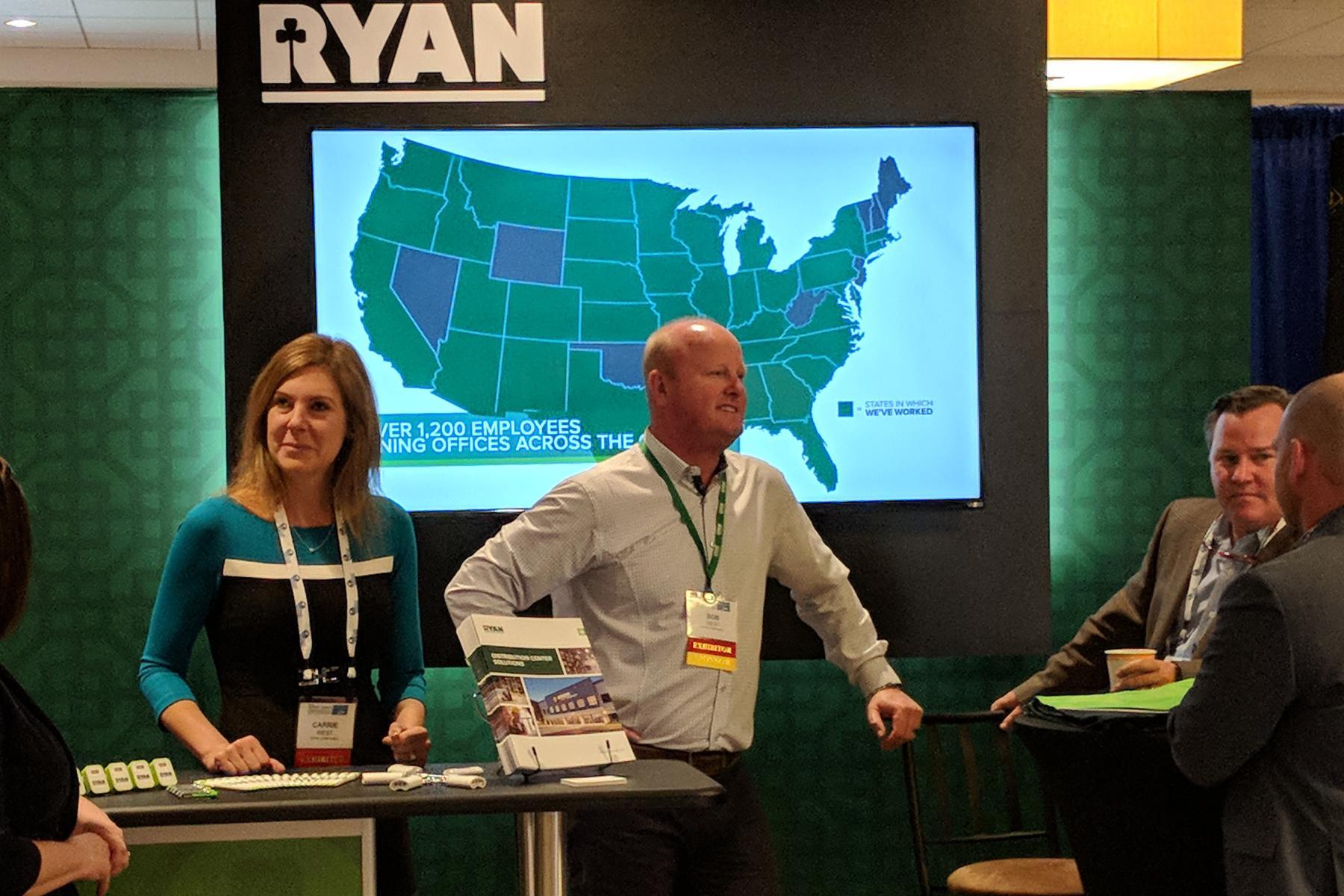Understanding the Future of Product Tracking through the Supply Chain and How it Impacts our Clients

Touted as doing for product tracing what email did for communication, “blockchain” was one of the hot topics during the TPA Supply Chain conference in Orlando, Florida, where members of Ryan’s Industrial team learned first-hand how changing technology is revolutionizing the supply chain for our grocery partners—from transportation to transparency of product data. By understanding more clearly how the entire supply chain will work for our customers in the future, we can bring the industrial solutions that best support their business.
Blockchain worked its way into the mainstream because of the rise of Bitcoin and other cryptocurrency, but food companies of all sizes are uncovering untold value in the reliability this new technology adds to the path of goods through the supply chain. Essentially, blockchain is a unique ledger of transactions, in this case used to track the path of goods from farm to shelf. The data-sharing mechanism’s reliability is due to the fact that data entered at earlier phases in the process cannot be deleted or modified later on.
In one presentation, Tejas Bhatt, Senior Director of Food Innovations at Walmart, pointed out that by using blockchain technology in an initial pilot, their team was able to trace a package of sliced mangoes directly back to the farm from which it originated in 2.2 seconds—a process that took the same team nearly a week before blockchain technology was implemented as a tracking tool.
“It’s really amazing how food companies like Walmart, Wegmans and Kroger are using this technology to enhance traceability of the products they sell. Consumers are demanding this transparency generally, but it will also be beneficial during food contamination outbreaks,” said Bob West, Director of Business Development at Ryan Companies. “Right now, outbreaks result in a product from multiple suppliers being completely pulled from the shelves, when instead it could be narrowed down to a single supplier, lot of product, or even day of production and have less of a negative impact on any given industry.”
Bob West is the Director of Business Development for the industrial sector at Ryan Companies. He focuses primarily on the food and beverage industry and has contributed to developing, designing and building projects totaling more than five million square feet.